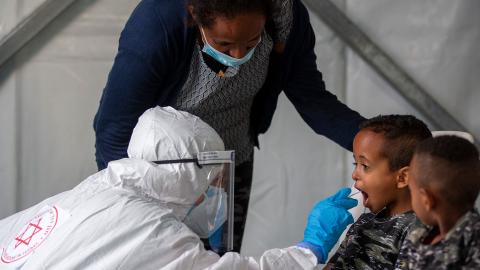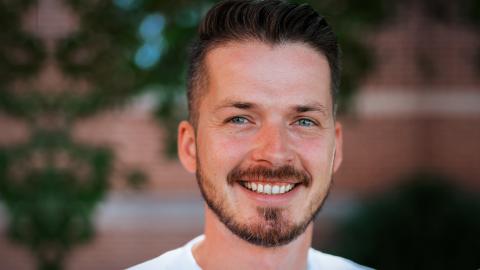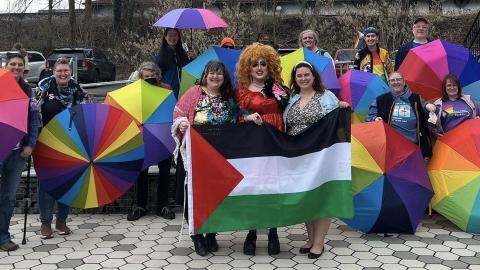
Israel Decides to Impose Curfews to Get Virus Crisis Under Control
JERUSALEM, Israel – Israeli leaders have decided to impose curfews on cities where coronavirus infection rates are the highest, but government infighting has fueled confusion and disagreements over how to curb the county’s COVID-19 crisis.
Prime Minister Benjamin Netanyahu’s government originally planned for the curfews to go into effect on Monday, but the move was delayed because of disagreements between politicians and health leaders.
The Health Ministry said the nightly curfews will begin Tuesday at 7 p.m. and will end the next each day at 5 a.m. The government released a list detailing the 40 “red” cities and municipalities that will be subject to the new measures. These include Nazareth, Bnei Brak, Elad, Abu Snan and others.
The curfews will include closing all schools during the day and non-essential businesses at night.
Mayors of the cities on the list have pushed back against the government measures.
STAY UP TO DATE WITH THE FREE CBN NEWS APP
Click Here Get the App with Special Alerts on Breaking News and Top Stories
The government backtracked on its initial plans to impose full lockdowns on cities where infection rates are high following pressure from ultra-orthodox leaders. Israeli leaders said virus cases are especially high in ultra-orthodox and Arab communities where large gatherings are sometimes being held.
Haredi mayors said in an open letter Sunday that Netanyahu is turning ultra-orthodox communities “into disease vectors and enemies of the people.
Meanwhile, many Arab mayors welcomed the new restrictions.
Health officials say a nationwide lockdown is still possible, especially during the upcoming Jewish holidays.
Israel reported a record 3,392 new COVID-19 cases on Monday. Since the beginning of the pandemic, 135,000 people have been infected with the virus. About 106,000 people have recovered and 1,026 have died.




